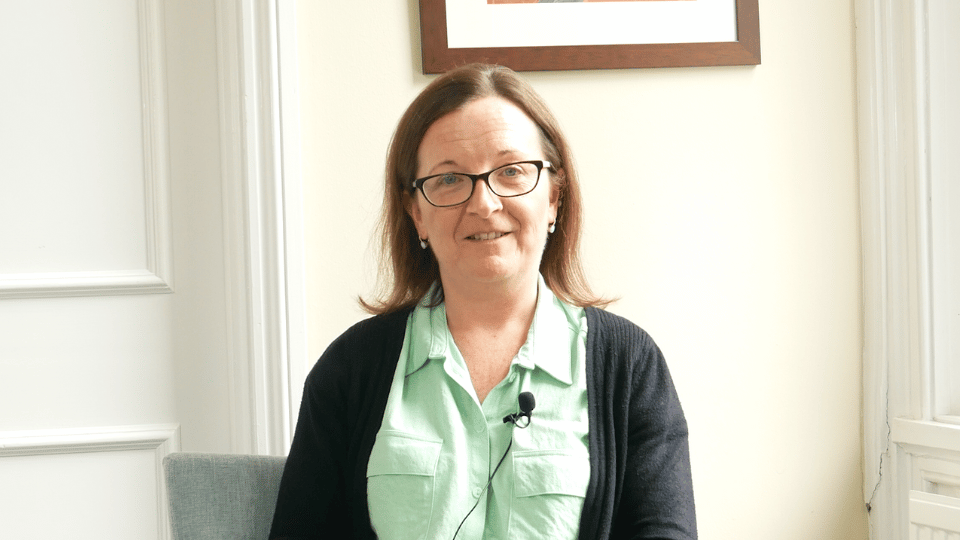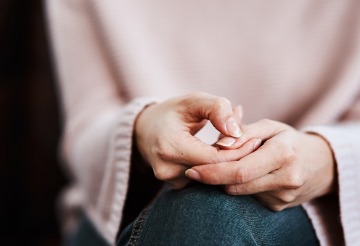


Solpadeine Max and Solpadeine Plus are painkillers containing codeine and paracetamol, which can be prescribed or purchased over the counter to provide relief from short-term pain. Due to the addictive properties of codeine, people can become dependent on Solpadeine tablets.
If you're worried about Solpadeine addiction, we have looked at the signs and symptoms that could point to dependency. We have also outlined the support and treatment that's available at Priory’s rehab clinics across the UK, enabling you to overcome your Solpadeine addiction, overcome the side effects of Solpadeine, and take steps towards recovery.
Why do people become addicted to Solpadeine and over-the-counter medication?
A person may believe they can’t become addicted to something like Solpadeine, but it can happen. It can occur in a number of ways, including:
- They take Solpadeine for a legitimate reason but become dependent on the drug
- They seek a ‘high’ and start taking Solpadeine to achieve this
- They start to take Solpadeine in an attempt to suppress particular thoughts and feelings
As the drug contains codeine - an opiate - the body can build up a tolerance to it quickly. This means a person often needs to take more and more of the drug over time to feel the same euphoric effects or to prevent withdrawal symptoms.
Solpadeine addiction can be incredibly damaging, and have long-term consequences, such as liver and kidney damage. High doses can cause a person to experience respiratory depression, characterised by dangerous symptoms such as slow and shallow breathing, drops in heart rate and falling blood pressure. High dosages can also cause overdoses and respiratory failure, which is the most common cause of death from opiate addiction.
Signs of Solpadeine addiction
If you're worried about yourself or a loved one, common signs and symptoms of Solpadeine addiction include:
- Taking larger doses of the drug in order to achieve the desired ‘high’
- Experiencing withdrawal symptoms when cutting down or missing a dose
- Continuing to take Solpadeine despite the original source of pain stopping, or having no pain to begin with
- Visiting different chemists in order to obtain Solpadeine
- Manipulating medical professionals to gain access to the drug
- Hiding Solpadeine tablets and Solpadeine consumption from others
- Changes in appearance and less attention to personal hygiene and grooming
- Becoming more withdrawn and isolated
As the addiction progresses, a person is likely to take dangerous measures in order to gain access to the drug. They may start to misuse other codeine-based drugs as they need higher dosages to prevent withdrawal symptoms. They may also get more packages delivered if they've been buying the drugs online, or even steal drugs from relatives or shops.
If you're concerned about someone you care about or are worried about your own dependency, it's important to access support. Solpadeine can be a dangerous drug to become addicted to, so it's important that the right steps are taken to start your road to recovery.
Drug addiction treatment at Priory rehab clinics
At Priory, we can provide the support and addiction treatment needed to give up Solpadeine.
Your journey with us will begin with an assessment from one of our doctors. During this initial meeting, you'll have the opportunity to talk about what you need and our specialist will be able to recommend the best course of action for you.
Detoxification
Our detoxification (detox) programme can help you to rid your body of Solpadeine. As it's important for this to be carried out in a safe and controlled manner, our team are always on hand to support you 24 hours a day, 7 days a week. During the detox process, we'll also work to reduce any withdrawal symptoms that you experience, by using appropriately controlled medication. Medically assisted detox can be provided through our Transform 28, Foundations 16, Flourish 14+ and Reset 7/10 addiction treatment services.
Rehabilitation programme
When embarking on our rehabilitation programme, you have the chance to focus on addressing the underlying causes and triggers for your addiction away from life’s distractions. Through group and one-to-one therapy, as well as seminars and workshops, the programme equips you with the skills and strategies you need for a strong and lasting recovery.
We're also committed to your ongoing recovery once you've left treatment. We offer comprehensive relapse prevention plans and personalised aftercare to support you in maintaining your abstinence as you transition back to your day-to-day life.



